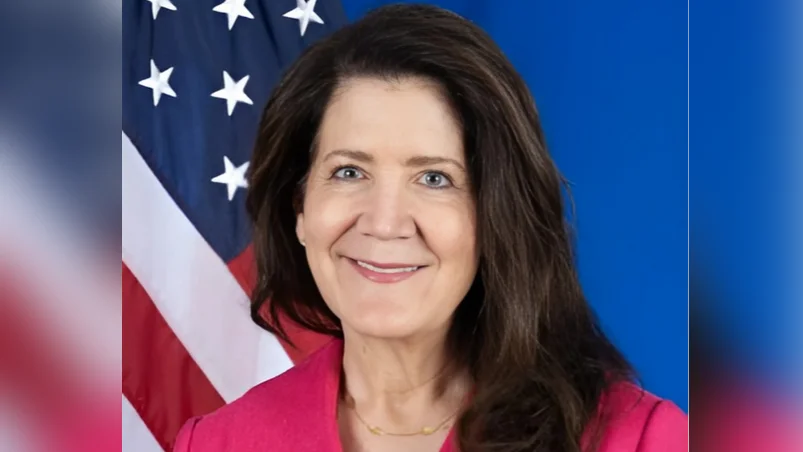During a UN Security Council briefing on April 7, 2025, the focus was on enhancing the effectiveness and credibility of peacekeeping operations worldwide. The discussions emphasized the critical role of peacekeeping missions in maintaining ceasefires, facilitating dialogue, and protecting civilians from violence.
UN peacekeeping relies heavily on the impartiality and military capabilities of its missions. The briefing highlighted the need for ceasefires to be respected by all conflict parties, including proxies and aligned forces. This compliance is essential for the success of peacekeeping endeavors and the attainment of lasting peace.
Recent criticisms against the Mission of the United Nations Organization Stabilization Mission in the Democratic Republic of the Congo (MONUSCO) by Rwandan officials have raised concerns. The criticism was seen as an attack on the credibility of UN peacekeeping missions, potentially undermining trust in ceasefire oversight.
Technological advancements, including improved intelligence, surveillance, and reconnaissance capabilities, allow missions to better detect ceasefire violations. The potential role of artificial intelligence in predicting and preventing violations was also discussed. Host countries and conflict parties need to facilitate freedom of movement, enabling the use of personnel and unmanned vehicles.
Timely and prescriptive reporting by UN peacekeeping missions to the Security Council is crucial for accountability. The reporting system needs enhancement to address ceasefire violations swiftly. Instances in the Democratic Republic of Congo (DRC) and Lebanon demonstrate the force multiplying effect of UN partnerships with regional initiatives. Such collaborations can provide logistical and intelligence support, maximizing the effectiveness of peacekeeping missions.
In Lebanon, UNIFIL's enhanced pentalateral mechanism has played a significant role since its implementation in November 2024. The mechanism, chaired by the United States with French participation, has facilitated the deployment of Lebanese Armed Forces positions south of the Litani River, drastically reducing violence.
Regarding the DRC, there is a call for an immediate ceasefire, particularly addressing the advances of M23 and Rwanda in North and South Kivu. MONUSCO's involvement in overseeing a ceasefire, in conjunction with regional initiatives, is advocated.
The briefing concluded by acknowledging the challenges in the DRC and Lebanon, emphasizing the need for peacekeeping to adapt and focus on political solutions for lasting peace and security.
"Je vous remercie Monsieur le Président."

